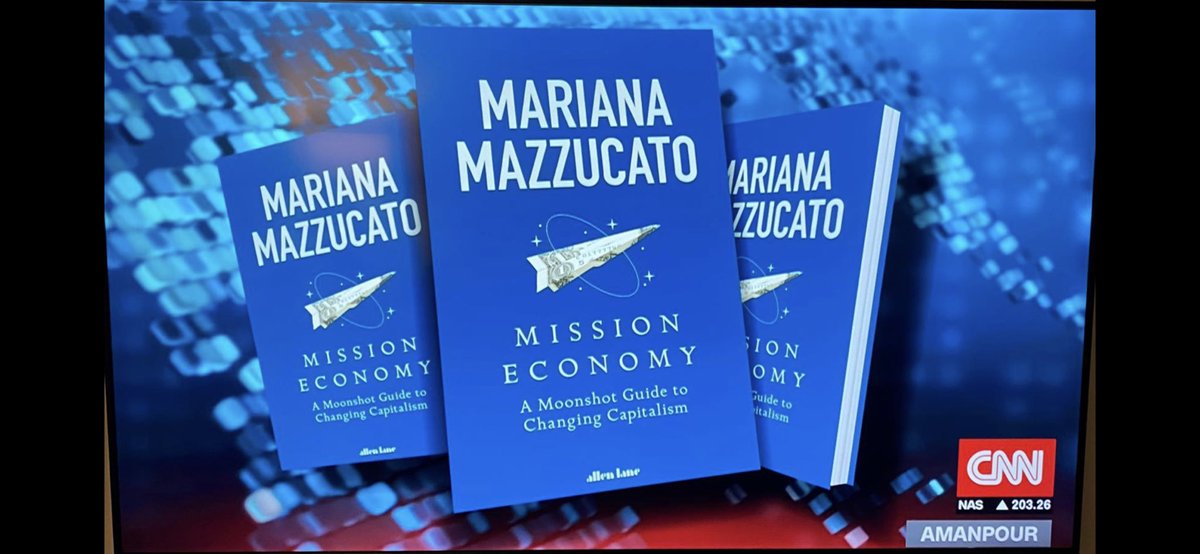



She identifies four drivers of this dysfunction: 1) finance sector short-termism 2) the financialisation of business and value 3) fossil fuel dependency and 4) slow or absent governments. Mazzucato starts by diagnosing our dysfunctional form of contemporary capitalism, fuelled by and fuelling climate crisis. But as persistent constraints continue to limit green policy at national and international levels, can Mazzucato’s approach unlock much needed systemic transitions, and work at the global scale? The book is short, accessible and written with an urgency befitting this time of crises. Part policy critique, part manifesto, Mission Economy reinvigorates the role of the state for tackling today’s complex problems, demanding vision, ambition and public purpose in economic strategy. However emissions continue to rise, and a gnawing feeling remains that central governments are dragging their feet on actions that meet the scale of the challenge.Įnter Mariana Mazzucato, and her timely new book Mission Economy: A Moonshot Guide to Changing Capitalism. The mood music seems to finally be shifting on green issues, with financial markets going green, the UK Treasury reporting on biodiversity and even Bill Gates weighing into the conversation. 2021.Īs the UK prepares to host November’s crucial COP26 climate summit, international governments are under pressure to deepen their carbon-reduction targets amidst a worsening climate crisis. Mission Economy: A Moonshot Guide to Changing Capitalism. Mariana Mazzucato. If you are interested in this book, you can also watch a video of Mariana Mazzucato’s guest LSE lecture, recorded on 5 March 2021. This review was originally posted on the LSE International Development blog. LSE MSc Environmental Policy and Regulation candidate, Flora Parki n, reviews Mariana Mazzucato ’s new book, Mission Economy: A Moonshot Guide to Changing Capitalism, and questions whether it goes far enough to tackle the worsening global climate crisis.


 0 kommentar(er)
0 kommentar(er)
